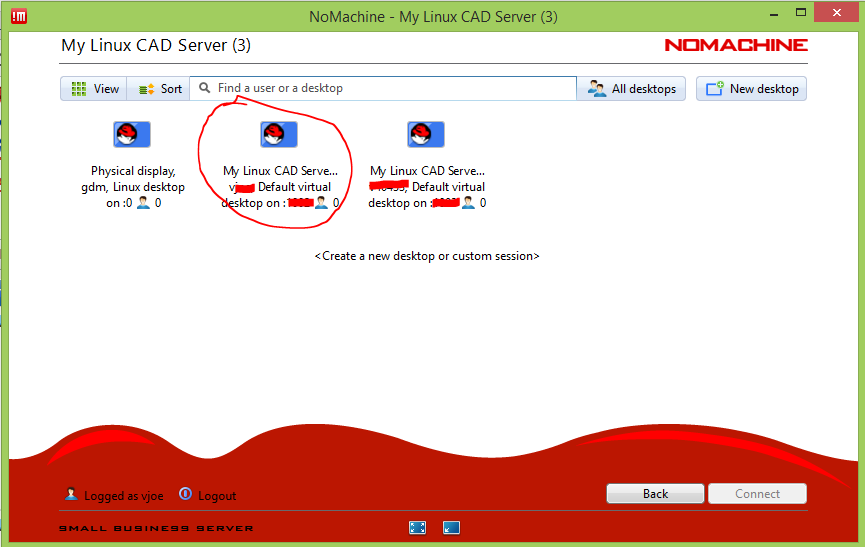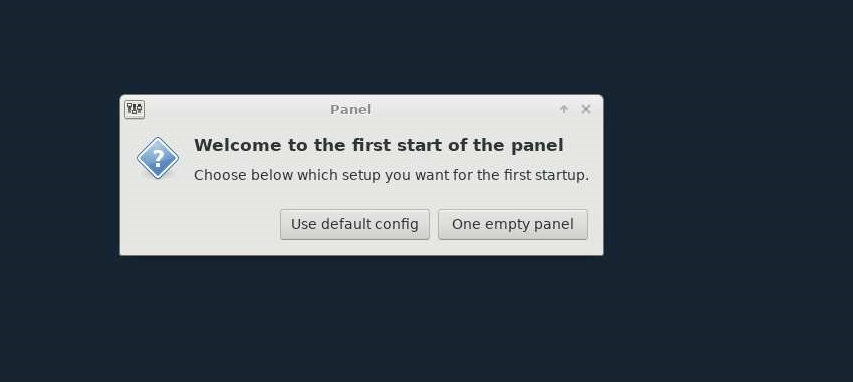
Sudo chmod 0644 /usr/NX/home/nx/.ssh/authorized_keys2 With the default Ubuntu SSH setting this is not neccessary, but someone might have changed it to e.g.: authorized_keys Sudo cp /usr/NX/home/nx/.ssh/authorized_keys2.tmp /usr/NX/home/nx/.ssh/authorized_keys2Ĭheck that the name conforms to the filename given in the /etc/ssh/sshd_config file. Sudo rm /usr/NX/home/nx/.ssh/authorized_keys2 Sudo cp /usr/NX/home/nx/.ssh/authorized_keys2 /usr/NX/home/nx/.ssh/authorized_keys2.tmp Amazon ec2, then NX's hard link between authorized_keys2 and the default.id_dsa.key will create problems when bundling AMIs.

Regenerate new SSH key for NX user as the default is common for all others sudo /usr/NX/bin/nxserver -keygen.First copy it, otherwise it will be deleted after the importation). WARNING: Don't directly import the file /usr/NX/etc/keys _dsa.pub. Import localhost key sudo cp /usr/NX/etc/keys/_dsa.pub /tmp/_.This is OK, but if you want added security, generate your own unique key as follows.Ĭaveat: You'll have to modify your NX client wherever you're connecting from to use the custom key.
#How to start nomachine server on linux install#

Launch Ubuntu desktop or the server edition and install ubuntu-desktop sudo aptitude install ubuntu-desktopĭownload the Nomachine NX packages for Ubuntu ( ) (versions as of ) wget.

Setting up Nomachine NX packages on Ubuntu is now quite easy:
#How to start nomachine server on linux free#


 0 kommentar(er)
0 kommentar(er)
